Following news that the 2017 Vancouver USA Marathon in Vancouver, Washington was cancelled, marathon hopefuls who were denied the opportunity to receive a finisher's medal for all of their training may still receive a consolation prize. Registrants were notified on August 18, 2017 that the race would be canceled, just weeks before the runners were set to hit the starting line on September 17. Runners also were told that they would not receive full refunds of their registration fees. Instead of starting his cooldown early, Cory Bradley, a registered participant for the race, filed a putative class action suit the day after the announcement on behalf of all registrants (Bradley v. Energy Events LLC, No. 17-01291 (D. Or. Amended Complaint filed Aug. 28, 2017)). The complaint alleged, among other things, that Energy Events LLC ("Energy Events") and its sole owner and operator, Brian Davis, intentionally misled consumers by promoting advertising materials promising a fun, run-filled weekend in exchange for their registration fees, even as the race organizers knew that they would never be able to fulfill such a promise.
The Vancouver USA Marathon has been an organized event hosted by Energy Events LLC since 2010, featuring a range of events and distances, including full and half-marathon courses, and a three-day beer festival, which attract around 3,000 participants every year. The events have been held along the Columbia River and historic parks and sights of Vancouver, Washington.
One of the reasons for this year's low registration and cancellation may have been related to a snafu that chafed many prior competitors. In the race's sixth year, runners may have noticed that they set a new PR (or "personal record"). Unfortunately, this may have been because the 2016 Vancouver USA Marathon course was 1,126 feet short of a full-marathon distance course. In practical terms, this meant that the race did not count towards qualification for other more well-known marathons, such as the Boston Marathon.
Each year, thousands of marathon racers dream of qualifying for the Boston Marathon by satisfying the course's infamous qualifying times based on age and sex. As the Boston Athletic Association notes on its website, only "certified full-marathon distance [courses] will be accepted for qualifying." Three months after runners crossed the finish line of the 2016 Vancouver USA Marathon, many runners were told by Boston Marathon organizers that their finishing times would not count towards qualification. And if a runner hadn't completed another marathon within the one-year window that ended that September, there was now no way for them to qualify for the 2017 Boston Marathon. Moreover, runners looking to complete their first marathon may have been left feeling as if they still hadn't really achieved that goal; those who wanted to add another marathon medal to their collection left the course without any runner's high, and not surprisingly, many asked for refunds, perhaps because a "25.9867424" sticker just doesn't look as impressive on the back window of a car as a "26.2" sticker. Runners were not granted refunds, but instead were offered free registration for the 2017 Vancouver USA Marathon.
Of course, the 2017 Vancouver USA Marathon never happened. Race organizers cited low pre-race registration numbers and a review of their finances as the cause of cancelation, and communicated that they planned only to issue partial refunds to those who had registered because much of the funds had already been used for "marketing, deposits and operational overhead." This left many racers "rungry" for retribution, including our plaintiff, Cory Bradley. Bradley filed suit against Energy Events the very next day claiming that the defendants' marathon was "materially under-funded" and "similar to a Ponzi scheme."
The complaint alleges that Energy Events's advertisements, which stated that runners who paid the registration fee could race in the 2017 events, were intentionally misleading. Energy Events allegedly failed to disclose that the distance blunder of 2016 had damaged the credibility of the event so much that they knew pre-race registration numbers would be low, and that the event would be underfunded. The complaint further alleges that these facts were known at the time registration became "live," and Energy Events knew or should have known that they could not provide their promised race services. The plaintiff claimed that these facts were material to determining whether or not to register for the 2017 Vancouver USA Marathon events in response to the advertisements. As a result, the complaint asserts claims under the Oregon consumer protection statute, based upon the defendant's alleged unlawful trade practices and false marketing representations. The plaintiffs seek various forms of relief, including actual, statutory and punitive damages, interest and reimbursement of fees and costs, which the complaint argues resulted from the hastily canceled event and the lack of full refunds issued to registrants.
It remains to be seen whether this litigation will be successful in reaching the finish line, or whether it will hit the wall before mile 20. It's also unclear if the runners will ever win a recoverable judgment—the complaint notes that defendant and sole operator of Energy Events recently filed for personal Chapter 7 bankruptcy. Whatever happens, whether continued litigation or future runs, the plaintiffs have a long road ahead of them and should be sure to pack their endurance chews.

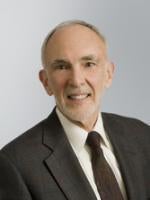

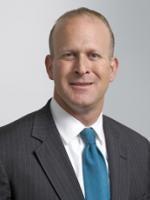
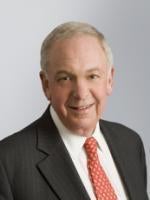
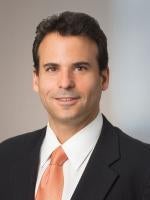
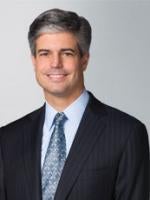
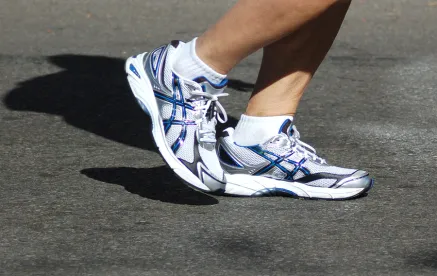
 />i
/>i
